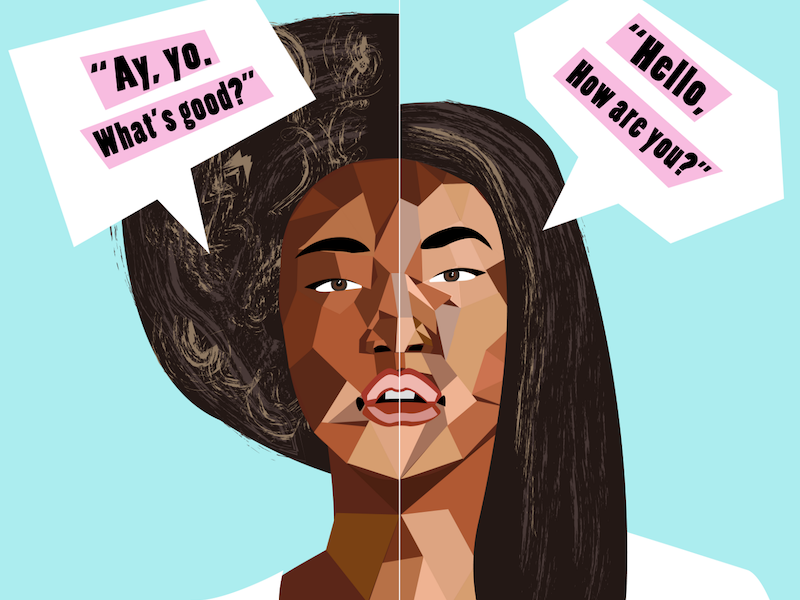Credit: Christina Villanueva | The Shorthorn
Today we celebrate International Mother Tongue Day. This international holiday was established to celebrate and foster multilingualism for inclusion in education and society.
African American English, also known as Ebonics or Black English, is a dialect of American English that has been around since the early 1700s, when Native African peoples were taken from their lands and brought to the “new world” as slaves.
The first linguistic studies on “nonstandard African Negro English” were officially conducted in the 1960s, but by 1973, the term Ebonics (a blend of Ebony [Black] and phonics [speech]) was coined by black scholars. The term never caught on among linguists, however, until it was decided to be corrected in the American school system.
Being able to switch back and forth between multiple dialects is a sign of intelligence. This ability to maneuver back and forth between dialects is called code-switching. Many people, including some linguists, would consider the use of African American English to be incorrect for its use of grammar, but it actually follows the core grammatical structure of languages like ancient Greek or French.
The way African American English is spelled and pronounced is often different from the way that traditional American English. Syllables and consonants are left out of words. Some words are used completely in place of other words, many of which, enter traditional American English by the media.
Before movies, TV shows, music, and social media, African American English wasn’t seen or heard by the public regularly. With the popularization of Hip-Hop and Rap music, Black people have had the opportunity to represent themselves using their own dialect, rather than be portrayed in a manner that is unspecific to them. Social media has also made it possible for the spread of the dialect to other areas of the country and other parts of the population.
It has long been considered the language of the poorly educated and poverty-stricken communities largely due to the view of the African American people, but actually, African American English has been essential to the development of the English language. Over the years, English has become less and less formal with the use of technology. This has allowed for slang terms to come to the forefront, many of which, come from African American English.

Kassidy Garland has had a great appreciation for reading and writing since she was young. She graduated from West Chester University in 2017 with a Bachelor’s Degree in English & Women and Gender Studies. With a concentration in creative writing, Kassidy has 5 years of experience writing blogs, articles, and for social media. Based out of Philadelphia, Kassidy loves to write about a number of topics and looks forward to sharing her passion with those at FunTimes Magazine.





